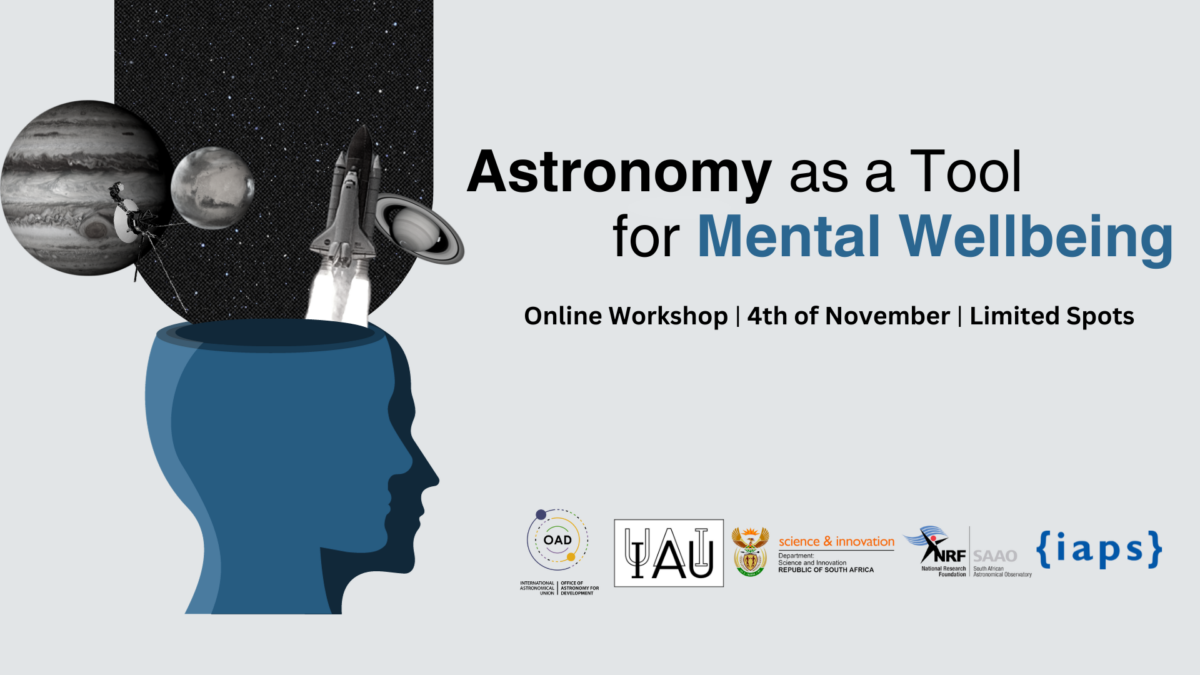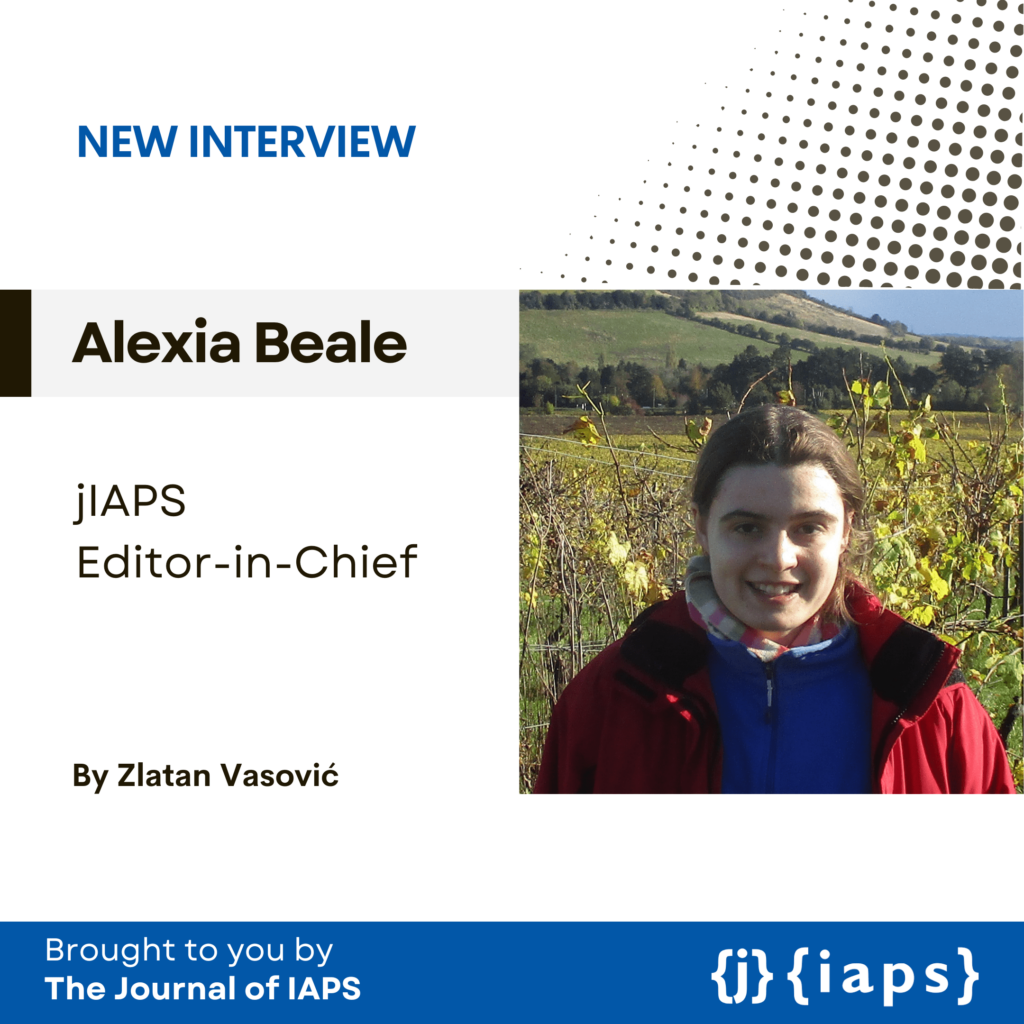In a world filled with hustle and bustle, it’s easy to feel overwhelmed by the demands of modern life. Our daily routines often leave little room for introspection and self-care. But what if we told you that the cosmos could hold the key to unlocking inner peace and enhancing your mental wellbeing? Enter the “Astronomy as a Tool for Mental Wellbeing” workshop! Coorganized with the International Astronomical Union, the Department of Science & Innovation of the Republic of South Africa and the NRF – South African Astronomical Observatory.
A Universe of Benefits for Your Mind
Mental wellbeing is a hot topic, and for good reason. In today’s fast-paced world, stress, anxiety, and other mental health challenges are on the rise. The “Astronomy as a Tool for Mental Wellbeing” workshop offers a unique perspective on managing and improving mental health.
Why Astronomy?
The project titled “Astronomy for Mental Health” aims to explore the ways in which astronomy can serve as a positive influence on the mental well-being of all people. The project not only focuses on the intersection between mental health and development but also capitalizes on astronomy’s ability to inspire and facilitate interdisciplinary efforts to address this pressing issue.
While the use of astronomy for mental health support is not conventional, there is growing evidence that nature-based interventions can have a beneficial impact on mental well-being. Previous research has indicated that nature-based activities like horticulture and gardening can lead to improved emotional states, better interpersonal relationships, increased physical activity, and a stronger sense of community involvement. These findings are consistent with Kaplan’s Attention Restoration Theory (ART), suggesting that nature can offer a meaningful distraction from life’s stressors.
Whether experienced directly or through simulations like potted plants and visual media, nature has been shown to rejuvenate mental energy, uplift mood, and provide a sanctuary for renewed focus. Experiencing awe in nature, a state often induced by astronomical phenomena, has been linked to positive emotional effects, ethical decision-making, and increased prosocial behaviour.
Although extensive research exists on the benefits of nature exposure, limited studies have specifically investigated astronomy’s role in improving mental health. Initial interventions have revealed that activities such as stargazing can positively affect mental well-being and empower communities grappling with psychological challenges.
What to Expect
Introduction
The Untapped Potential of Astronomy in Mental Health
- Explanation of the flagship theme “Astronomy for Mental Health.”
- Presenting evidence and theories supporting astronomy’s role in mental well-being (e.g., Attention Restoration Theory).
Changing Perspectives Through Astronomy
- How astronomy can shift our perspective about life and stressors.
- The concept of “cosmic perspective” and its potential mental health benefits.
Practical Activities and Tools
- Introduction to astronomical interventions and tools for mental well-being.
- Brief demonstration or examples (e.g., virtual stargazing, astronomy-based meditation techniques).
Who Should Attend?
This workshop is suitable for everyone, regardless of your level of expertise in astronomy or your familiarity with mental health concepts. Whether you’re a seasoned stargazer, a budding astronomer, or simply looking for new ways to improve your mental wellbeing, “Astronomy as a Tool for Mental Wellbeing” has something to offer.
Date and Venue
The workshop is going to be an online workshop, hosted on Zoom, on the 4th of November.



